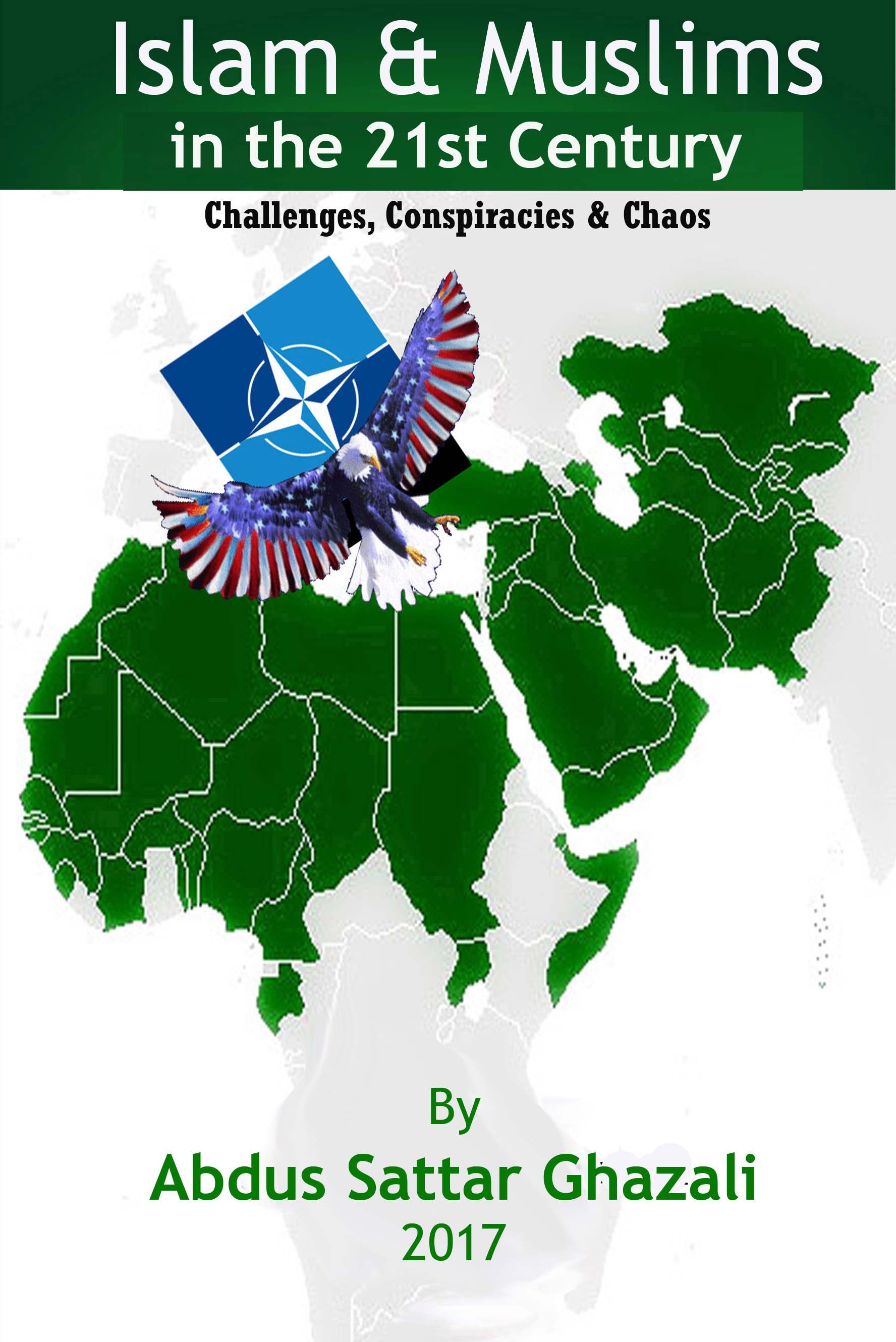December 1, 2020
Iran accuses Israel, U.S. for killing of its nuclear scientist
By Abdus Sattar Ghazali
Iran accused Israel and the U.S. of being behind the assassination of one of its top nuclear scientists on Friday (Nov 27) and vowed revenge, sharply escalating tensions in the Persian Gulf in the final weeks of Donald Trump’s presidency, Bloomberg reported.
Mohsen Fakhrizadeh was killed close to the Damavand campus of Islamic Azad University, about 60 kilometers east of central Tehran.
No one has claimed responsibility for the assassination. However, in a tweet, Foreign Minister Javad Zarif said “terrorists murdered an eminent Iranian scientist today,” and accused Israel of playing some part in the killing.
Terrorists murdered an eminent Iranian scientist today. This cowardice—with serious indications of Israeli role—shows desperate warmongering of perpetrators Iran calls on int'l community—and especially EU—to end their shameful double standards & condemn this act of state terror. Javad Zarif.
Tellingly, Israeli Prime Minister Netanyahu had singled out Fakhrizadeh in an April 2018 presentation he gave on Iran’s nuclear program, claiming that Fakhrizadeh was the director of a secret project to develop nuclear weapons.
Fakhrizadeh was also named in a March 2007 UN Security Council Resolution as having been involved in Iran’s “nuclear or ballistic missile activities.”
Iran’s army said the U.S. also bore responsibility. The Minister of Defense, Amir Hatami, told state TV the killing was “clearly linked” to the U.S. assassination of General Qassem Soleimani by drone in January.
Hatami said Fakhrizadeh was involved in an air-defense project for detecting spy aircraft without using radar systems and that “Israel was well aware of his role in affairs that could confound” Israel.
Mossad steals Iranian documents
According to The Guardian, Israel has acknowledged pursuing covert operations against Iran’s nuclear program to gather intelligence. In 2018, the prime minister, Benjamin Netanyahu, said his government had acquired tens of thousands of documents from what he called Iran’s “Atomic Archives”.
In that presentation, Netanyahu referred to Fakhrizadeh multiple times as the director of Iran’s nuclear weapons project. “Remember that name, Fakhrizadeh,” he said.
The New York Times reported on April 30, 2018 that Mossad had broken into a warehouse in January and smuggled them to Israel the same night. The report did not say how such a large amount of documentation was transported in secret.
At least five Iranian nuclear scientists have been killed since 2007, mostly in dramatic fashion, with motorcycle-borne assailants and car-bombs, U.S. officials have previously told NBC News. Tehran has blamed the Israeli intelligence agency for the killings.
‘Fakhrizadeh’s killing could derail future US-Iran talks’
The assassination of a top Iranian nuclear scientist will make United States President-elect Joe Biden’s ability to restart diplomacy between Washington and Tehran even more difficult, Al Jazeera quoted US-based analysts as saying.
Biden, who will take office on January 20, has said he wants to return to a 2015 international accord that curbed the Iranian nuclear program – a move that would signal a pullback from President Donald Trump’s hardline “maximum pressure” campaign against Iran.
While it remained unclear who was responsible for Fakhrizadeh’s killing outside Tehran, Iranian officials pointed the finger at Israel, a key US ally that has advocated for Trump’s hardline position against the Iranian government.
“You can imagine how open the United States would be to negotiations if … before they could start, the Iranians would do something like this against Israel or against the US itself,” Trita Parsi, executive vice president of the Washington-based Quincy Institute, told Al Jazeera, adding:
“From Netanyahu’s perspective, this is a moment for him to be able to undermine Biden. In some ways, Biden is the real target here.”
Ex-CIA Director John Brennan, who called the attack “a criminal act & highly reckless.” Brennan tweeted: “Iranian leaders would be wise to wait for the return of responsible American leadership on the global stage & to resist the urge to respond against perceived culprits.”
Aaron David Miller, a senior fellow at the Carnegie Endowment for International Peace, said the assassination comes at a “combustible” moment.
“Between now and the onset of the Biden administration – because of the Iranian concern about provoking a unilateral strike by Trump on Natanz (Iran’s nuclear research facility) – they really are constrained in terms of retaliating,” Miller told Al Jazeera.
“The Israelis can calculate that now is a good time to do stuff like this,” Miller said. “You could see a series of factors coming together that could make the next few months pretty combustible.”
Nader Hashemi, director of the Center for Middle East Studies at the University of Denver’s School of International Studies, likened Fakhrizadeh’s killing to the US assassination of top Iranian military commander Qassem Soleimani, who was killed in a Trump-ordered drone strike on January 3 near Baghdad international airport.
“We almost had a US-Iran war at that time,” said Hashemi, adding that with Trump only a few weeks away from the end of his presidency, more actions “hoping to provoke Iran into a retaliation” are likely. That will make future US-Iran negotiations much more difficult, he said.
Abdus Sattar Ghazali is the Chief Editor of the Journal of America (www.journalofamerica.net) email: asghazali2011 (@) gmail.com

The Journal of America Team:
Editor in chief:
Abdus Sattar Ghazali
Senior Editor:
Prof. Arthur Scott
Special Correspondent
Maryam Turab
Your donation
is tax deductable.



